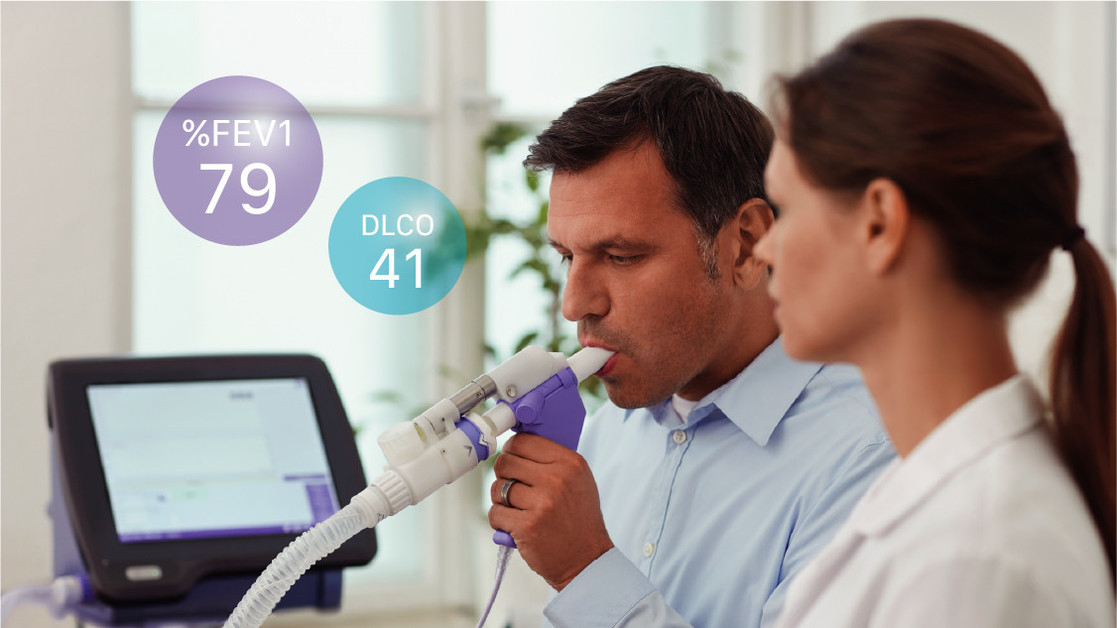Regular physicals serve as comprehensive health checkups that allow healthcare providers to assess your current health status and identify potential concerns before they develop into severe conditions. These routine appointments involve a thorough examination of various body systems, including cardiovascular, respiratory, and neurological functions. During a typical physical examination, your doctor will review your medical history and perform basic measurements, such as blood pressure and weight. Here is more information about the role of regular physicals:
Early Detection
Routine physical exams help detect health issues early. Many serious conditions develop silently, without symptoms, until they become advanced. High blood pressure may show no warning signs. Blood tests during examinations can reveal changes in cholesterol levels, blood sugar levels, and other key markers. These can indicate the development of potential health issues. Your doctor might also detect irregular heart rhythms that need further investigation. Skin exams may help identify suspicious moles or lesions that may require evaluation.
Preventive Care
Physical examinations create opportunities for healthcare providers to discuss lifestyle modifications that support long-term health. These conversations often focus on nutrition, exercise habits, sleep patterns, and stress management techniques tailored to your individual circumstances. Vaccination schedules are reviewed and updated during routine visits.
Your healthcare provider may discuss which immunizations you need and when to receive them. Screening recommendations vary by age and gender, but typically include mammograms, colonoscopies, and bone density tests at appropriate intervals. These screenings are discussed and scheduled during your physical appointment, creating a timeline for ongoing preventive care.
Mandatory Work Physicals
Many employers require physical examinations for specific job roles, particularly those involving heavy lifting, driving commercial vehicles, or working in hazardous environments. Department of Transportation (DOT) physicals are required for commercial drivers every two years, with more frequent examinations needed if certain medical conditions are present.
Healthcare workers may need to have their tuberculosis screening and vaccination records verified during employment physicals. Construction workers and those in manufacturing may require hearing and vision tests, as well as respiratory function assessments. These work-related examinations protect both employees and employers by identifying health conditions that might affect job performance or workplace safety. The examinations also establish baseline health measurements that help track changes over time.
Comprehensive Sports Physicals
Athletes need specialized physical examinations to determine if they are ready to participate in sports. These evaluations typically focus on heart health, muscle and joint function, and any past injuries that could affect performance. During the exam, questions may be asked about family history of sudden cardiac death, chest pain during exercise, or episodes of fainting.
A doctor will perform a heart check to look for murmurs or irregular beats that might require further testing before the athlete is cleared for play. The exam may also include checks of joint flexibility, muscle strength, and a review of previous injuries that might need ongoing care. Vision and hearing tests could be part of the assessment, especially for contact sports where good senses are crucial for safety and success.
Schedule a Physical Today
Regular physical examinations form the cornerstone of proactive healthcare management. These appointments provide opportunities to establish relationships with healthcare providers who understand your medical history and personal health goals. Contact a healthcare provider’s office to book an appointment that fits your schedule. Bring a list of current medications, supplements, and any health concerns you’d like to discuss. Your future self will thank you for taking this proactive step toward maintaining your health.





Leave a Reply